Transforming board performance through embracing data and analytics in providing strategic leadership and improving patient outcomes
The governance burden in the NHS is significant and growing with the advent of Integrated Care Boards (ICBs) and systems (ICS). This matters as the burden on the workforce, finances, and the use of resources is critical.
The role of boards is also coming under the spotlight with the backdrop of high-profile cases such as the Edenfield Centre scandal at Greater Manchester Mental Health NHS Foundation Trust. With the increasing complexity of transformation, political manoeuvring and the focus on cost reductions, the natural reaction is more governance, committees, and an increasingly command and control approach.
At a recent event attended by non-executive directors, Strasys’ Dr Nadeem Moghal shared the Strasys experience on how evidence-based, insight-led decision-making can be used to make boards more effective, streamline governance, reduce costs and build confidence to deliver improved care for the population.
The hidden costs of governance
Understanding how healthcare organisations allocate resources is essential to making informed decisions about service improvements, system transformation, and investment.
Our insights reveal that a significant proportion of a typical trust’s budget is spent on governance and administration. This can vary between 14p to 35p for every pound spent. The more confident organisations typically have lower governance costs and better performance.
We also observe in a typical provider organisation, this leads to sometimes 300 transformation/change initiatives. 70% of these are business-as-usual activities consuming valuable resources. Strategic initiatives requiring board oversight account for less than 10%. Are Boards focusing on the right agenda?
Why the high cost of governance and the unintended consequences?
Ultimately, the NHS provider board’s job is to represent the taxpayer to ensure and assure reliable and high-quality care to sustainably meet the patient’s needs.
Boards often struggle to fully understand their organisations due to the overwhelming volume of data. Boards’ are often limited by the 2-dimensional data sets laid out month after month in Board papers. This leads to variable understanding, leading to variable performance, increased management burden and, in some instances, regulators losing confidence.
In this environment, fear, anxiety and ambiguity creep in. The response, more governance oversight and cookie-cutter solutions are adopted, such as generic board development interventions and drinking the Qi Kool-Aid, all leading to increased costs – direct and indirect.
The NHS approach to planning and managing services is one key reason for increased complexity. Consequently, a typical board will have many initiatives often labelled as cost improvement, quality improvement, performance, patient safety, and transformation. All consequences of siloed thinking promoted by the governance regime. This leads to more and more reports and meetings to plan for other meetings in an attempt to connect the dots. Resources that could be used to provide direct patient care.
The unintended consequence is that when regulatory metrics are not delivered, or there are patient care issues, the response is even more governance and external intervention. Often after the event, and yes, the costs increase!
How to achieve lean governance and build confidence?
Boards need to break the typical NHS cycle and shift their focus from regulatory compliance to meeting the needs of the patient and populations they serve. This means starting with delivering value to patients and populations rather than concentrating solely on regulatory compliance, services, and activities.
A key enabler is decision intelligence. A multi-disciplinary approach, looking beyond functional silos, applying scientific rigour, creating the right context and bringing the often messy human perspective into the picture. This goes beyond the traditional 2-dimensional data sets laid out month after month in Board papers to one focused on decision intelligence.
Decision Intelligence is focused on providing Boards with the insights and foresight to ask the right questions, improve management decision-making and provide strategic stewardship to the organisation. More confident Boards do not spend their time looking in the rearview mirror but focus on the leading indicators that enable them to navigate the future confidently.
With forward-looking insights, Boards are also able to distinguish between operational and strategic stewardship, enabling them to focus their limited capacity on delivering value to patients. This frees up capacity and reduces the level of bureaucracy in the organisations.
But be aware of the common risk of jumping on the data/AI bandwagon without much thought. Data without context is not actionable.
Elevate your board performance with AI-driven insights and expert guidance
The confidence of an organisation and its focus on delivering better outcomes for populations can be measured by the weight of governance. By rethinking how your organisation spends its resources, it’s £1, you can drive meaningful improvements in patient care and overall performance.
We are partnering with healthcare providers and regulators to conduct rapid analysis of board governance using our innovative AI-powered HealthBoard Analytics solution. Get in touch if you would like to learn more about how we can help you to use your data and turn it into decision intelligence to make your governance leaner.



